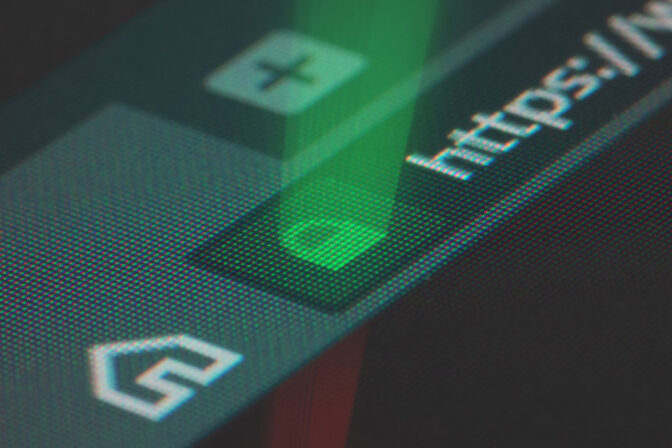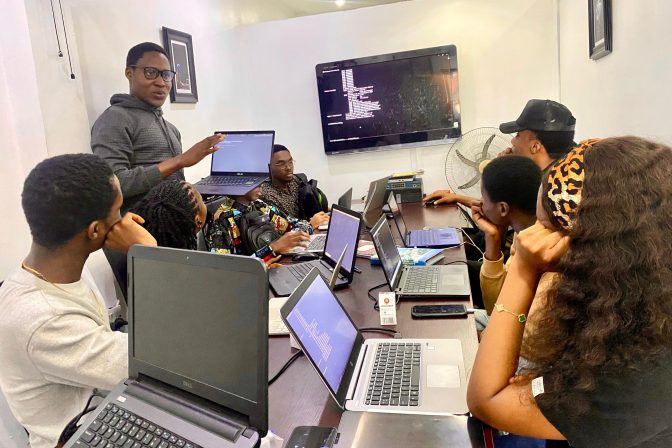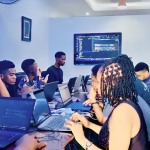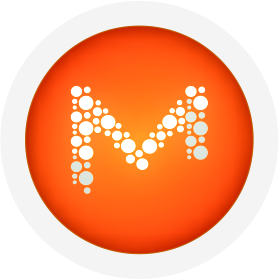What is a Hard Drive?
A hard drive—also known as Hard Disk drive (HDD)—is a non-volatile storage device for all data and applications on the computer.
Here Are five (5) Signs That Indicate Your Hard Drive May Be Damaged:
- Slow Performance
- Frequent crash & freeze
- File corruption or loss
- Constant error messages
- Abnormal noises
Although there are additional signs of hard drive failure, the highlighted symptoms are the primary ones to watch for.
Causes of Hard Drive Failure:
It is impossible for a computer to function properly with a damaged hard drive; hence, one might be curious about what might contribute to hard drive failure. Therefore, the following factors have been known to result in a faulty hard drive:
- Overheating: Exposing your computer to excessive heat can severely damage not only the hard drive, but also some of its important components.
- Power Surges: Sudden power blasts are very detrimental to your computer, as they could fry its internal components including the hard drive.
- Excessive Use: Excessively utilizing your hard drive could accelerate wear and tear, causing it to overheat until it becomes damaged.
- Humidity: Corrosion and mold/mildew growth could result from exposing your hard drive to moist conditions.
- Static Electricity: Even tiny static charges could result in serious damage to some internal components of your computer, especially the hard drive.
Are you suspicious about your hard drive being damaged?
Do these things immediately:
- Stop using the drive to reduce further damage.
- Conduct a backup process, if the hard drive is still partially functional.
- Seek professional help.
- Use data recovery software.
- Run diagnostics.
- Try a different port or computer.
- Don’t give into panic just yet! Check if it’s securely connected to your computer.
- Replace the drive if the need arises.
- Also prevent future problems by taking proper care of your computer, ensuring that all its components—internal and external—are protected.
Stay connected with us via these helpful tips by subscribing to our newsletter.
Visit www.meltechgrp.com TODAY!










